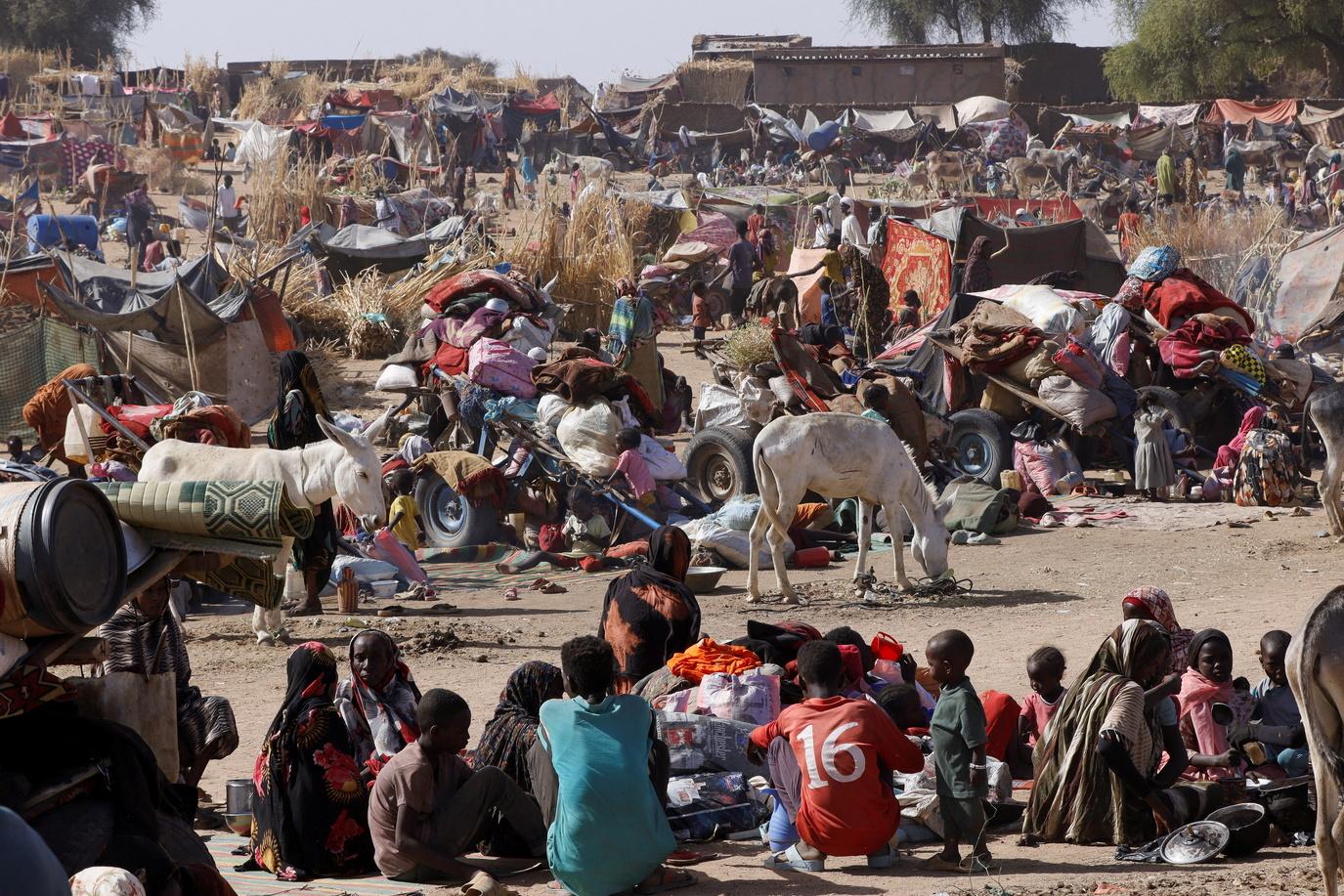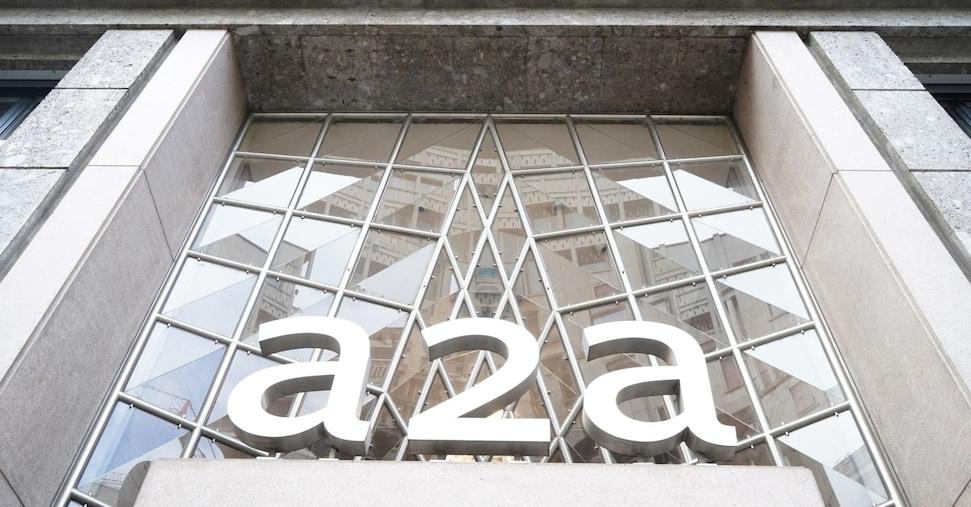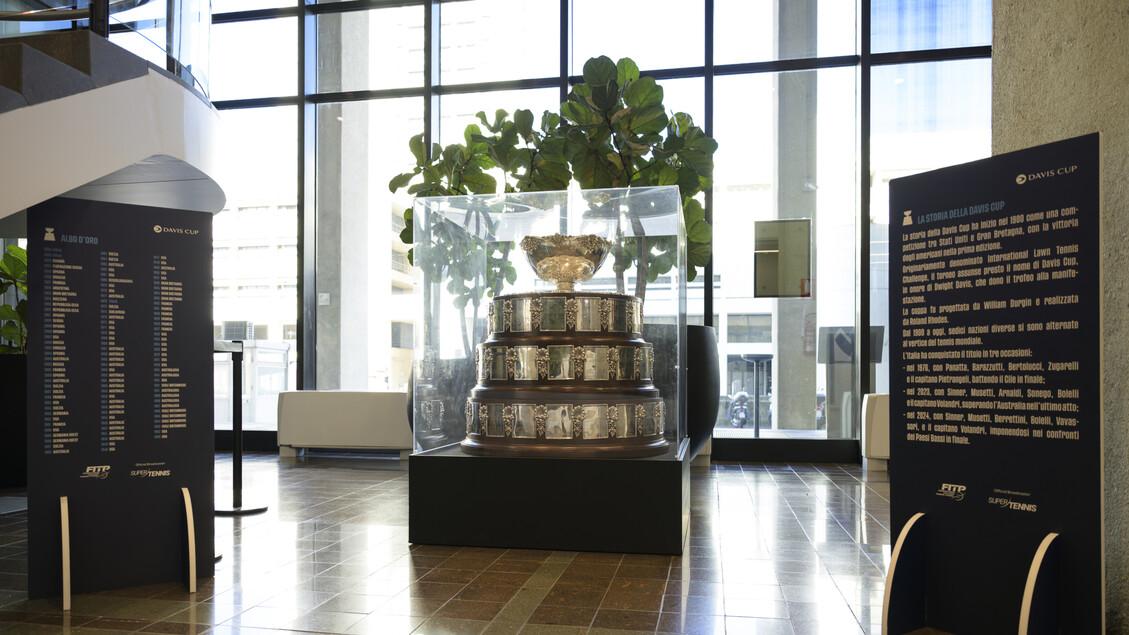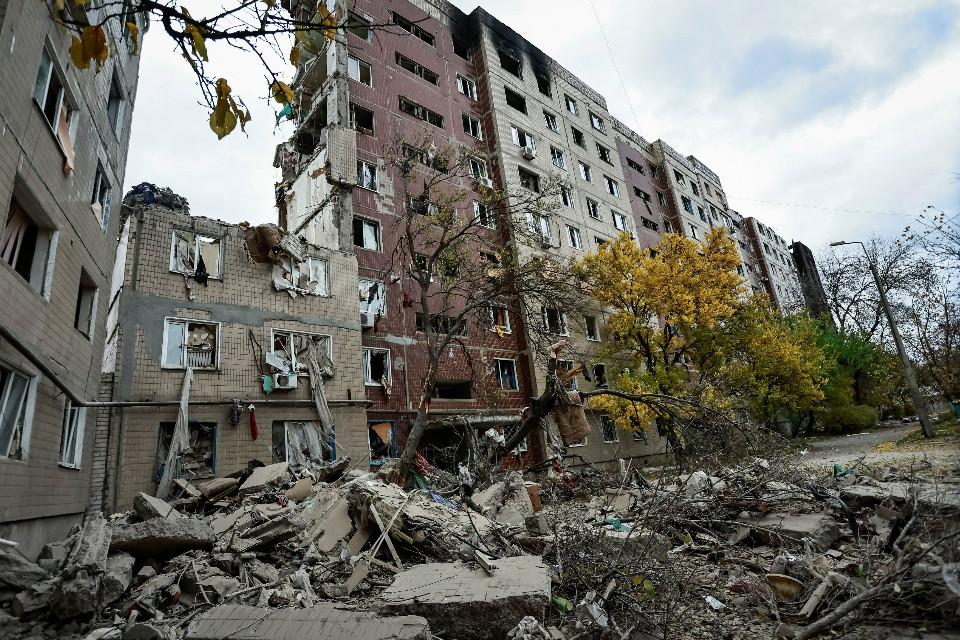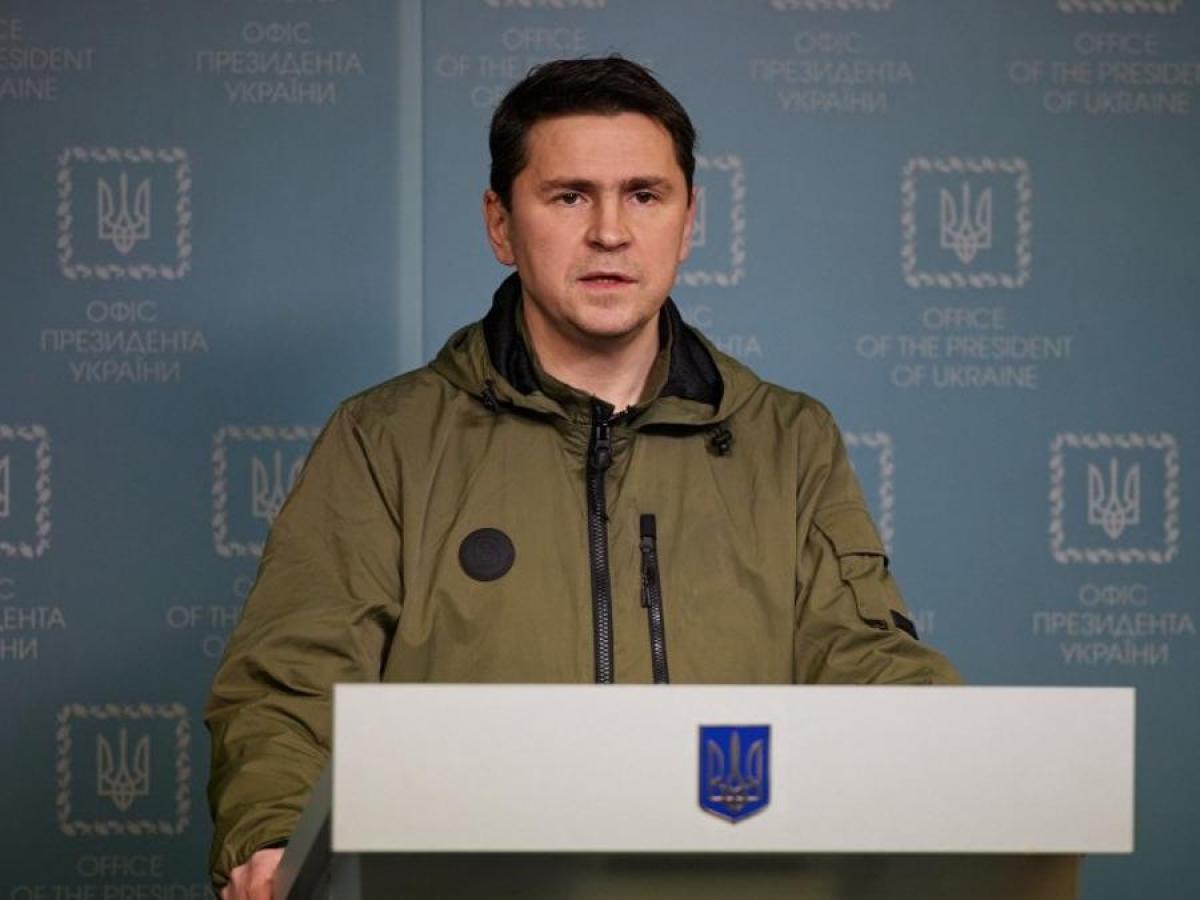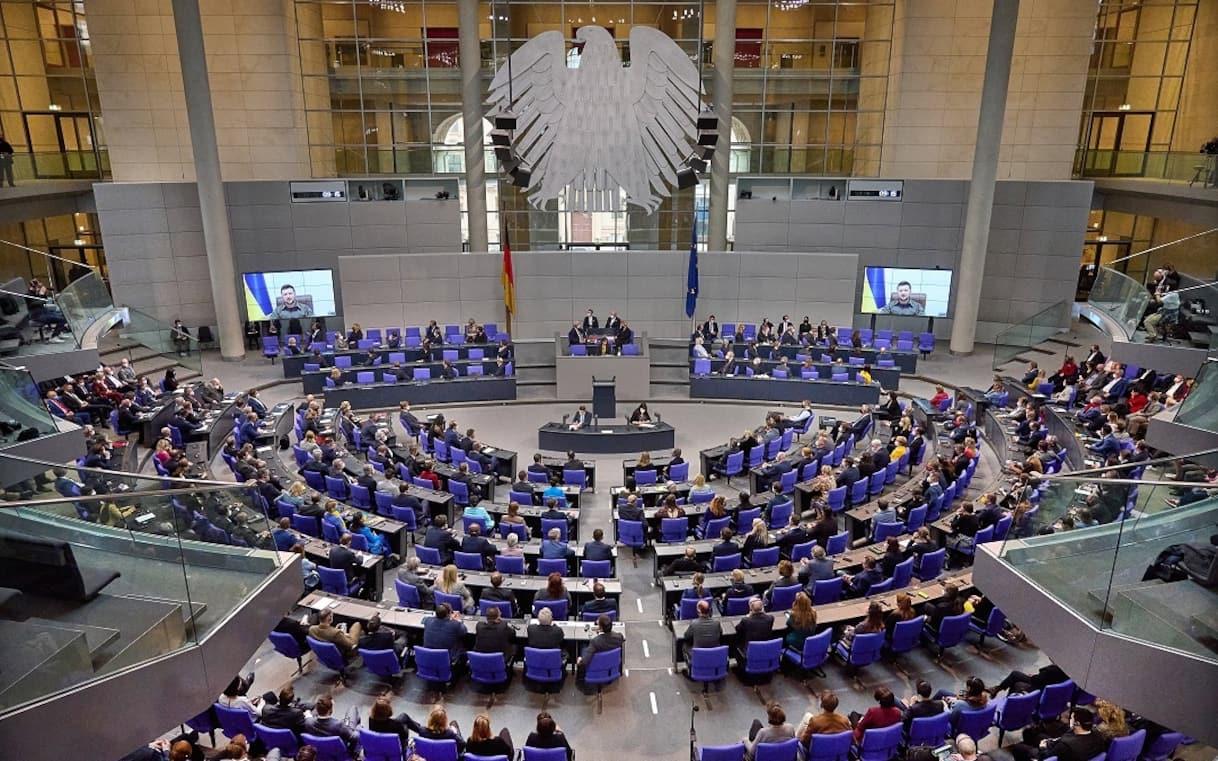El Fasher's downfall comes from the battle between the army and the armed couples.Alamo from the United Nations
Concerns are growing for hundreds of people in El Firr, Sudan, the rapid relief force (RSF) said it has occupied the town for a year and a half.In recent years, the paramilitaries led Mohamed Hamdan Dagalonlona - who is in the main army in Werday, who had been in the last camp of the western army for many months.In a televised speech the United Nations called for an end to the crisis, saying it was "deeply disgusted" by reports of fighting and opportunities to save lives.At the moment, videos of domestic violence against the population of civilians, especially of wool and drug zones, and the rape of different people, which kills 200,006 people and more than 200,090 people.Also polluting the fear is the breakdown of telecommunications and the disruption of the Starlink Satellite Sotlay Speciet, which prevents stability in the activities that are happening in the city.
Towards separation?
El Fasher's fall could be a significant turning point in Sudan's civil war, which has been raging since 2023. In April, fighting between the army and the RSF erupted into open warfare in the capital, Khartoum, killing tens of thousands and an estimated 14 million.Last August, the United Nations reported that more than 600,000 people had already been forced to flee and an estimated 260,000 remained trapped without access to aid.The capture of the city gives the RSF, born out of Arab Janjaweed fighters previously accused of genocide on the orders of President Omar al-Bashir, to control all five of Darfur's capitals.The watershed moment strengthens the hold of the parallel government that Hemedti installed in South Darfur's capital Nyala in August and, some observers say, could effectively herald Sudan's split in two, following the example of Libya. On April 15, the conflict rages over the integration of the RSF into the regular army and a battle for the country's resources.
Or military to military?
According to analysts, the RSF, which has been fighting a civil war with the army for more than two years, can use this tool to return to the country, it can use the worst tool for Khartoum, which is ultimately linked to the regular armed forces (Saf)."We have seen no sign of RSF. RSF is only happy with Wester Sadan," said Aran Boswell, director of Commans Community for African View.continue, it seems that they will continue to cause conflict." At the end of the week, improvements were noted in the town of Sanatecal Bama in the north of Kordesa, a few hours from Khartoum. If El Ferher's reception turns out to be the springboard for regional expansion, the image of the conflict could change quickly.
Proxy conflicts and diplomatic failures?
From Kuala Lumpur, where he is attending the ASEAN summit, United Nations Secretary-General Antonio Guterres said he was "seriously concerned" by the situation in El Fasher and called on "influential countries to take measures to prevent crimes", adding that "the time has come for the international community to say clearly to all the countries involved in this war, to stop the supply in this war, to stop the supply".For some time now, what has been happening in Sudan has become a proxy war, with regional actors competing for the gold-rich country's resources.Egypt and other neighboring countries support General Al-Burhan and his government based in Port Sudan, while the United Arab Emirates and countries under its influence, such as Chad, support Hemedti, Burhan's former deputy in the previous military junta.This mix of external influences means that no single power today has the strength to force the warring parties to negotiate.On September 10, Egypt, Saudi Arabia, the United Arab Emirates and the United States announced a joint road map to end the conflict, which includes a three-month humanitarian truce followed by a ceasefire and a political transition process.
Lucia Ragazzi, ISPI Africa Center
"When the news began to come in over the weekend that El Fasher had been captured by the RSF, the news followed each other in a third way, which made the situation on the ground difficult in general during the conflict that has lasted for the last two and a half years due to the lack of communication. The image that emerged was a very humanitarian situation for the 26 thousand people who took refuge outside the city. Meanwhile, news of violence and extrajudicial killings were flowing. Eighteen months later, Fasher, the last main city of Darfur, is still under the control of the SAF, changing the face of the situation on the ground, paramilitarystrengthens the position of the forces in Darfur and deals a serious blow to the armies in the western regions.


